Iran: IAEA should review mechanisms to ensure confidentiality of member states’ information
Iran’s nuclear chief has slammed the leak of confidential information of the member states to the International Atomic Energy Agency, urging the nuclear watchdog to review its mechanisms to prevent information leakage.
“Unfortunately, the leak of the agency's confidential information [on member states] to world media is an unpleasant trend that has been going on for years, and in this regard, the Islamic Republic of Iran has on numerous occasions submitted its verbal and written protests to the agency,” Ali Akbar Salehi Salehi said on Saturday.
The Iranian nuclear chief added that publication of such issues undoubtedly is driven by “political goals and motives.”
He emphasized that the IAEA should prevent the release of such issues under a professional approach while maintaining its impartiality.
Iran’s Ambassador to international organizations in Vienna Kazem Gharibabadi told reporters last week that the Iranian mission has informed the IAEA of Tehran's concerns and observations on the protection of confidential information related to its nuclear program.
Gharibabadi said, “Iran’s considerations and concerns with regard to protection of confidential information have been communicated to the International Atomic Energy Agency in an official letter” dated February 4, 2021, which was circulated on February 9.
Salehi was speaking as IAEA Director General Rafael Grossi was set to arrive in Tehran in a few hours for talks with Iranian officials.
Grossi announced on Tuesday that he was ready to visit Iran after the country informed the UN body of its decision to end voluntary implementation of the Additional Protocol to the nuclear Non-Proliferation Treaty (NPT) Safeguards Agreement on February 21 in line with the new law passed by the Parliament.
Grossi said in a statement that the aim of the visit was to find a solution for the agency to continue to carry out its verification work under the 2015 Iran nuclear deal between Tehran and world powers, officially known as the Joint Comprehensive Plan of Action (JCPOA).
On December 1, 2020, Iranian lawmakers overwhelmingly voted in favor of the 'Strategic Action Plan to Lift Sanctions and Safeguard Interests of Iranian People,' which intends to counteract sanctions imposed on Iran. The bill became law after being endorsed by Iran’s Guardian Council.
According to the new law, the Iranian administration is required to suspend more commitments under the nuclear deal if the US sanctions are not eased by February 21.
The law tasked the AEOI with producing and restoring at least 120 kilograms of enriched uranium with a 20-percent purity level every year and also enrichment beyond 20 percent if the country’s peaceful nuclear activities demanded.
In his Saturday remarks, Salehi said IAEA’s considerations within the framework of the Safeguards Agreement and cooperation between the two sides will be discussed during the visit by the agency’s chief to Tehran.
He reiterated Iran’s determination to implement a law passed by the Iranian Parlaiment on protection of the country’s rights given the failure of the opposite side to fulfil its obligations to lift sanctions against the country in the aftermath of the US withdrawal from the 2015 nuclear deal and reimposition of sanctions.
“After we announced the implementation of Article 6 of the law … and submitted a letter to the agency in this regard, Rafael Grossi made a request for an urgent visit to Iran to meet with me," he added.
He noted that the Atomic Energy Organization of Iran (AEOI) agreed to the request in the light of the country’s interaction and cooperation with the agency.
In a tweet on Friday, Grossi said during his Saturday visit to Tehran he would discuss a “mutually agreeable solution” to the nuclear issue with Iranian officials.
Tomorrow I travel to Tehran to meet with senior Iranian officials to find a mutually agreeable solution, compatible with Iranian law, so that the @IAEAorg can continue essential verification activities in Iran. Looking forward to success – this is in everybody’s interest.
— Rafael MarianoGrossi (@rafaelmgrossi) February 19, 2021
It would be in conformity with a law recently approved by Iran’s Parliament, he said, adding that in that case, the IAEA inspectors would be able to “continue essential verification activities in Iran.”
“Looking forward to success – this is in everybody’s interest," he added.
In recent weeks, Tehran and Washington have been at loggerheads over which side should first return to compliance with the nuclear deal which former US President Donald Trump left in 2018. Washington reinstated its sanctions after it withdrew from the deal.
Iran says the US should first lift all the sanctions put in place under the Trump administration before the Islamic Republic returns to full compliance. Tehran believes it was the White House that complicated the circumstances by the pullout, which in turn prompted Iran to take remedial measures.
A year after the withdrawal, the Islamic Republic began a set of countermeasures that saw it gradually suspending its commitment to the JCPOA.
Since then, Tehran has consistently reassured the international community that it will return to full compliance as soon as other parties begin to honor their commitments.
Joe Biden, the current president of the United States, censured Trump’s withdrawal from the JCPOA during his 2020 campaign. He promised to rejoin the accord, which was signed when Biden was vice president, but has failed to take corrective measures since he assumed office on January 20.
Giving a speech via video-link to the Munich Security Conference on Friday, Biden said America was “prepared to re-engage in negotiations” within the “P5+1” of countries, which initially negotiated the nuclear deal with Iran — namely France, Britain, Germany, the US, Russia and China.
Meanwhile, European Commission spokesman Peter Stano said on Friday that the European Union was holding intense consultation on holding an informal meeting on the JCPOA with the potential lifting of the US sanctions on the agenda.
“The [EU] head negotiation for Iran has indicated that we would [be] available and prepared to convene an informal meeting. Intense discussions are underway with all of the participants, including the US, of course, so, we are ready, and the high representative (Josep Borrell) is working on this and has invited various parties, including the US, to have an informal discussion to try moving forward,” Stano said at a briefing.
He, however, added that no date had yet been set for such a meeting.
Iran says it wants to see action not mere verbal promises on the part of the co-signatories in the case of the JCPOA.
“Concerning the JCPOA, I should just say one word. We have heard many nice words and promises that have been violated and have not been fulfilled in action,” Leader of the Islamic Revolution Ayatollah Seyyed Ali Khamenei said on Wednesday. “But this time around, [we accept] only actions!”
“If we see action on the part of the other side, we will take action as well. The Islamic Republic will not be satisfied with mere words and promises this time around,” the Leader said.
Iran has also criticized the US and its allies for attempting to paint Iran responsible for, what they call, nuclear non-compliance, while it was their non-commitment in the first place that had Tehran suspend its obligations under the JCPOA.
Columbia, Yale students bent on ending US support for Israeli genocide
VIDEO | Genocide in Gaza
Iran calls on BRICS to play role in stopping Israeli crimes
President Raeisi’s historic visit opens new chapter in Iran-Pakistan ties
Russia: Poland’s talks on hosting US nuclear weapons ‘dangerous’
VIDEO | Israel’s genocide bounty
India’s home minister vows to end Muslim reservation if his party wins
UN expert calls for arms, oil embargo against Israel


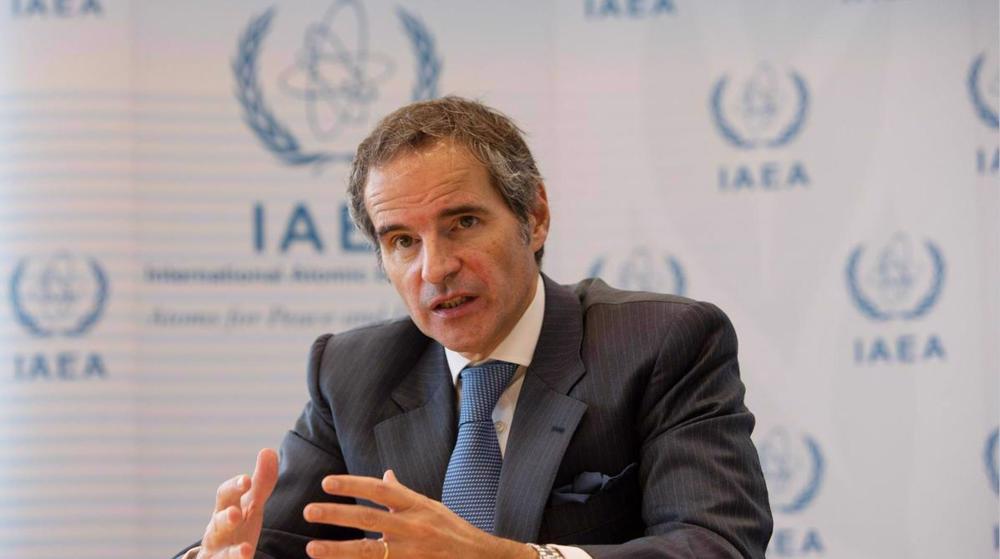




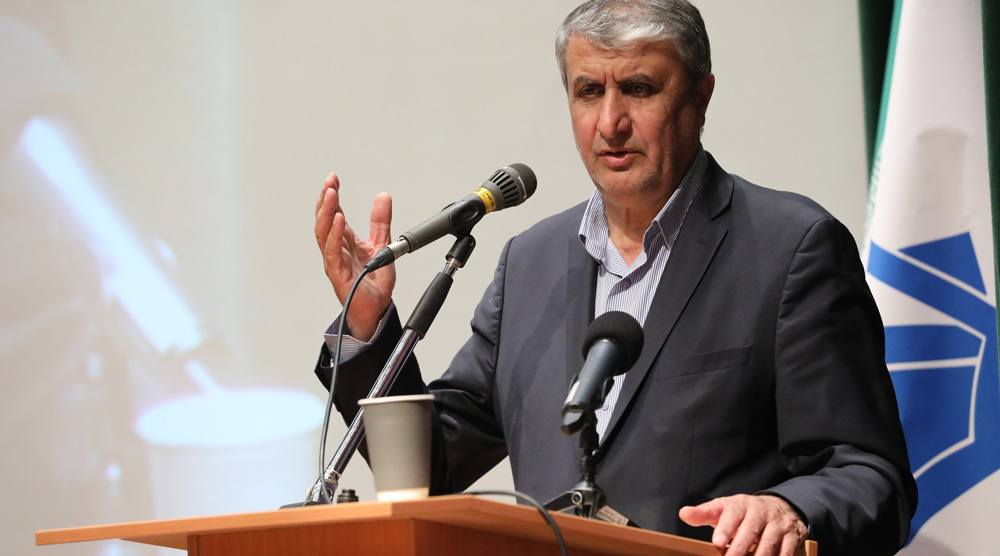
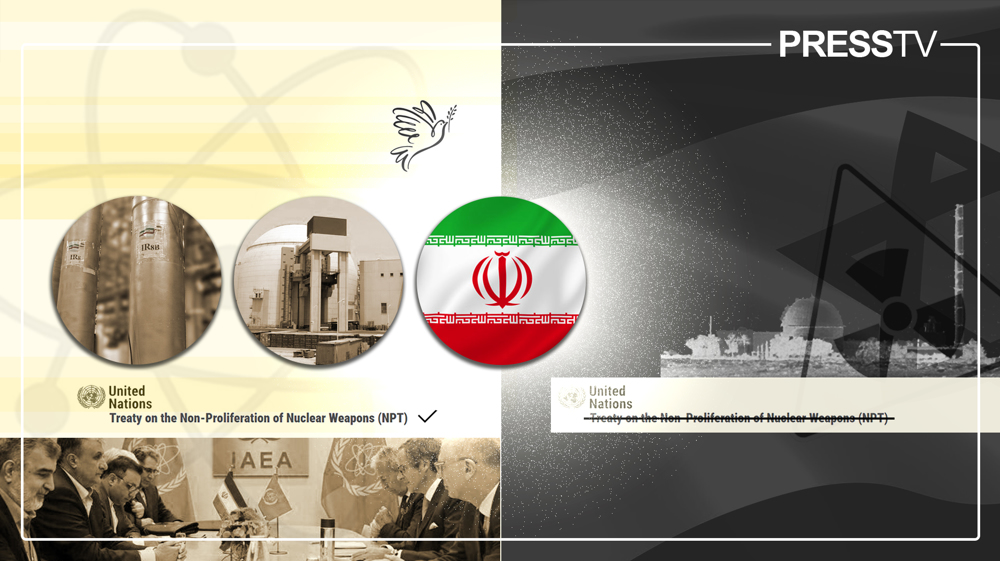
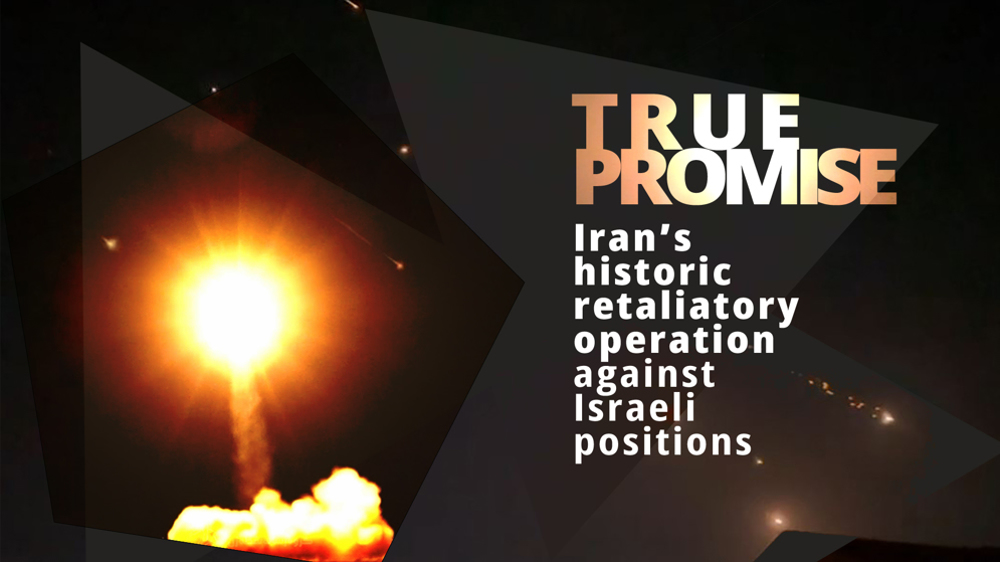



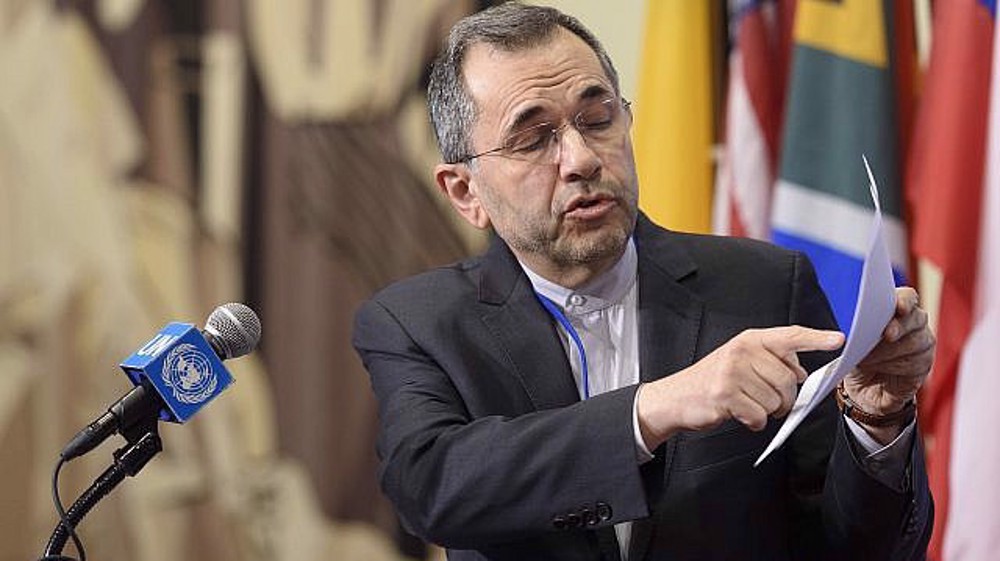
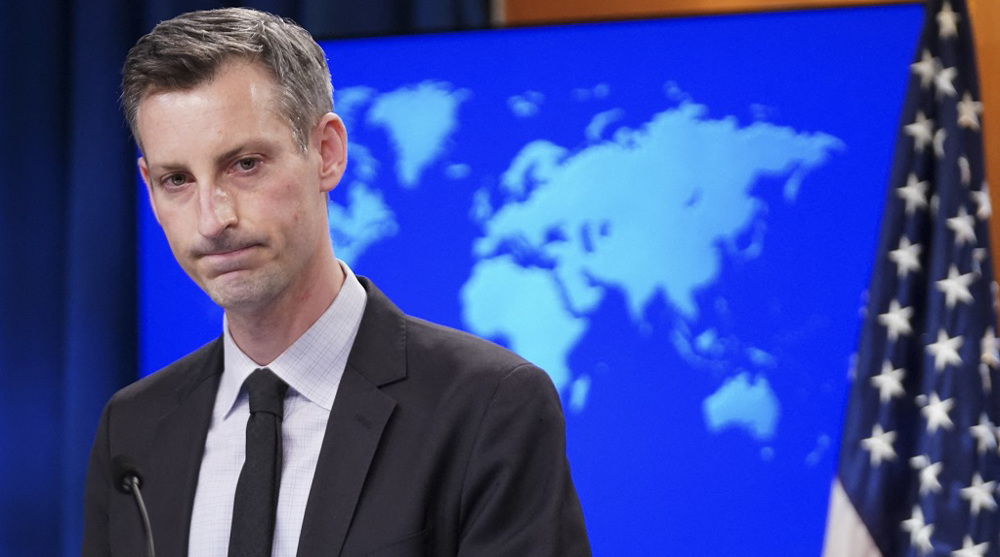
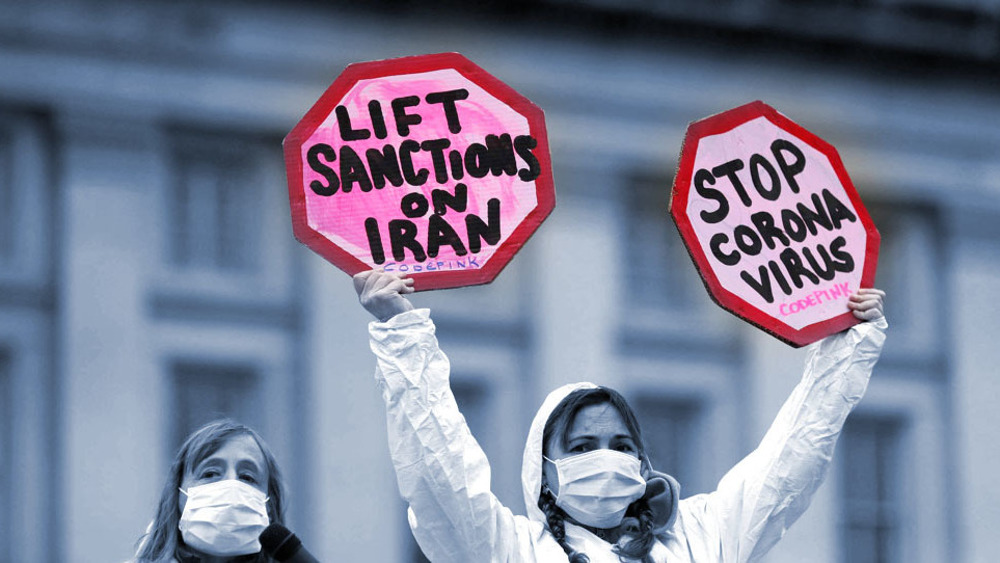

 This makes it easy to access the Press TV website
This makes it easy to access the Press TV website